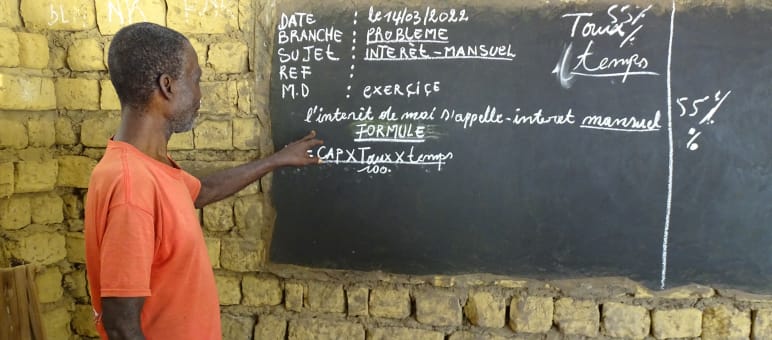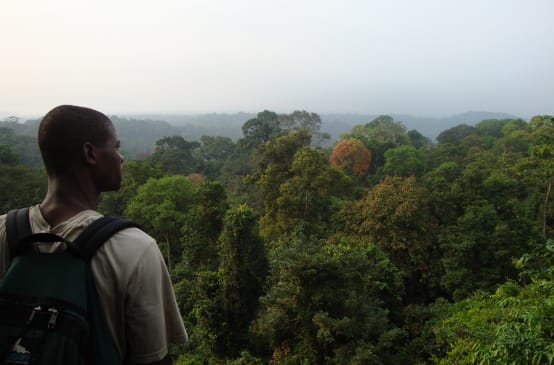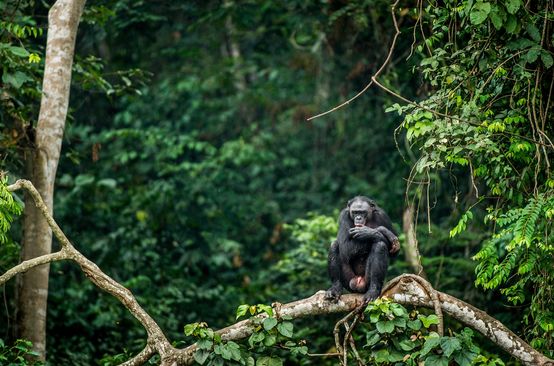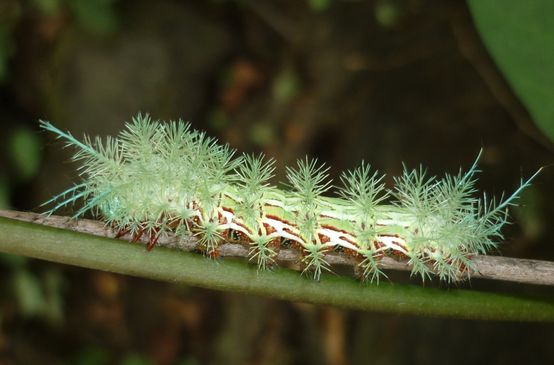
DRC: Fostering community trust with schools
“And what do you do for us people?” is a question sometimes asked of environmentalists working in remote, poverty-stricken areas. In the heart of the Congo Basin, Rainforest Rescue supports school projects that go hand in hand with bonobo conservation.
The villages of Ipoge, Mbongo and Bekombo are hard to reach in the dense rainforest of the Democratic Republic of Congo, a few days’ journey from the capital, Kinshasa. It is also home to the endangered bonobos, one of the world’s four great ape species. Primatologists and conservationists working for the organization Bonobo Alive have been in the Salonga National Park region for many years and have established close contacts with local communities. The focus is on school projects in which Rainforest Rescue is involved.
Last year, for example, eight particularly hard-working boys and girls received financial support for their final exams at the end of their 12 years of schooling – all of them passed the “Examen d’état” and can now attend college or university. Since its inception in 2019, the program has become so popular that the process of selecting candidates has become increasingly demanding.
Approximately 500 students from several villages benefit from the fact that their teachers are paid better and more regularly, increasing their motivation. Of course, this does not solve a fundamental problem: many teachers are poorly trained, and traditional “chalk and talk” teaching is the rule. In addition, textbooks and notebooks are in short supply.
Because the roofs of some school buildings are in poor condition, Bonobo Alive purchased 500 sheets of corrugated iron and 250 kilograms of nails in Kinshasa for repairs. The material was sent by boat to Lokoma and from there to three villages. A welcome relief, as even the most dedicated teachers and brightest students find it difficult to concentrate when the roof leaks.
In the future, we want to continue our work in the Congo Basin, helping people in the villages to protect the forests that have been their home for generations.
This page is available in the following languages:

Protecting Africa’s rich natural heritage
The Congo Basin is home to the second largest rainforest in the world, habitat of gorillas, chimpanzees and forest elephants. Our partners courageously defend these forests.

DRC: Do not sacrifice Congo's rainforests to the oil industry!
President Tshisekedi wants to sacrifice large areas of the Congo rainforest to the oil industry. This would be a disaster for the climate, biodiversity and local people.

Biodiversity
Life on Earth originated around 4 billion years ago. Since then, an unfathomable number of species have evolved, around half of which are insects. Numerous plant and animal species have yet to be documented, and many new ones are being discovered every day.